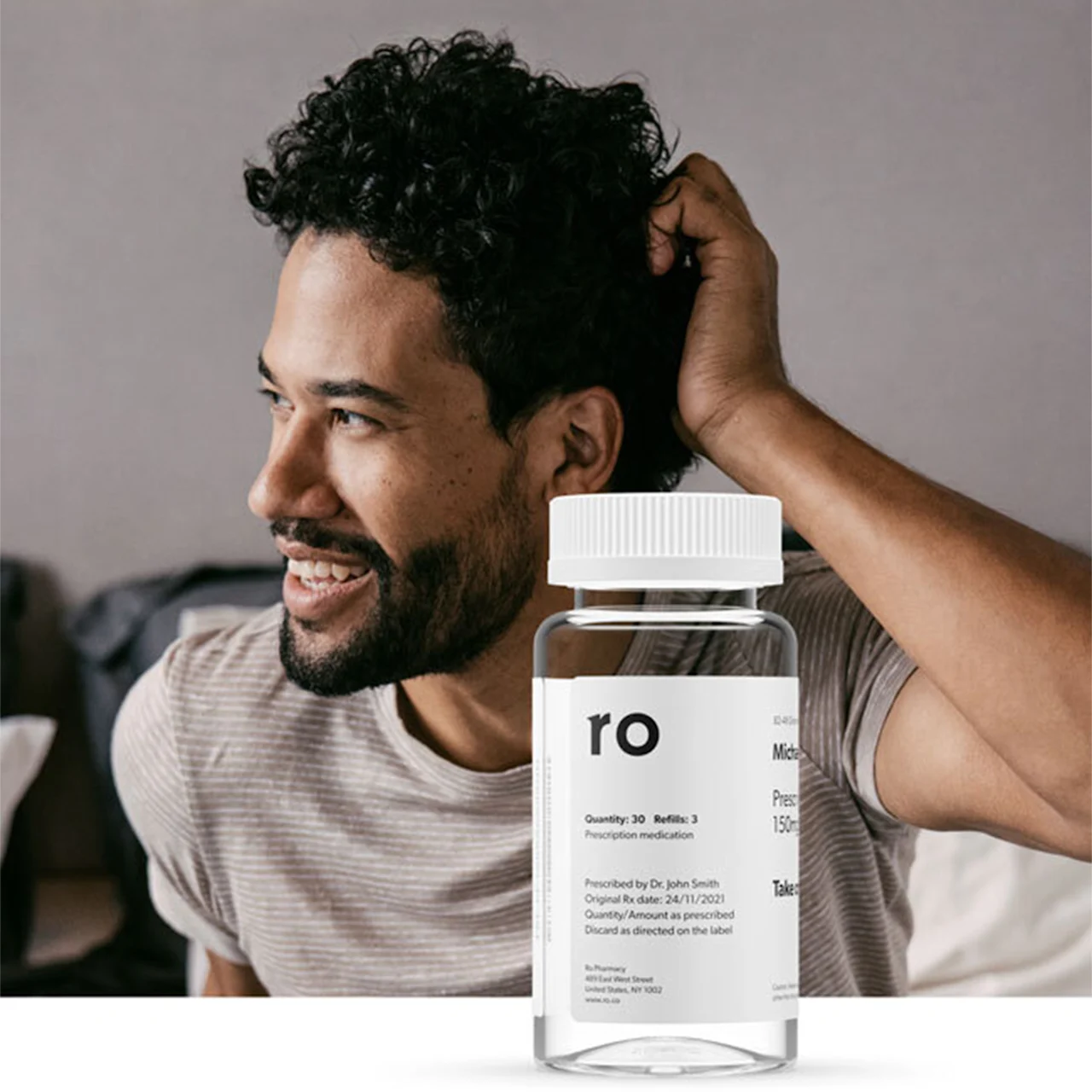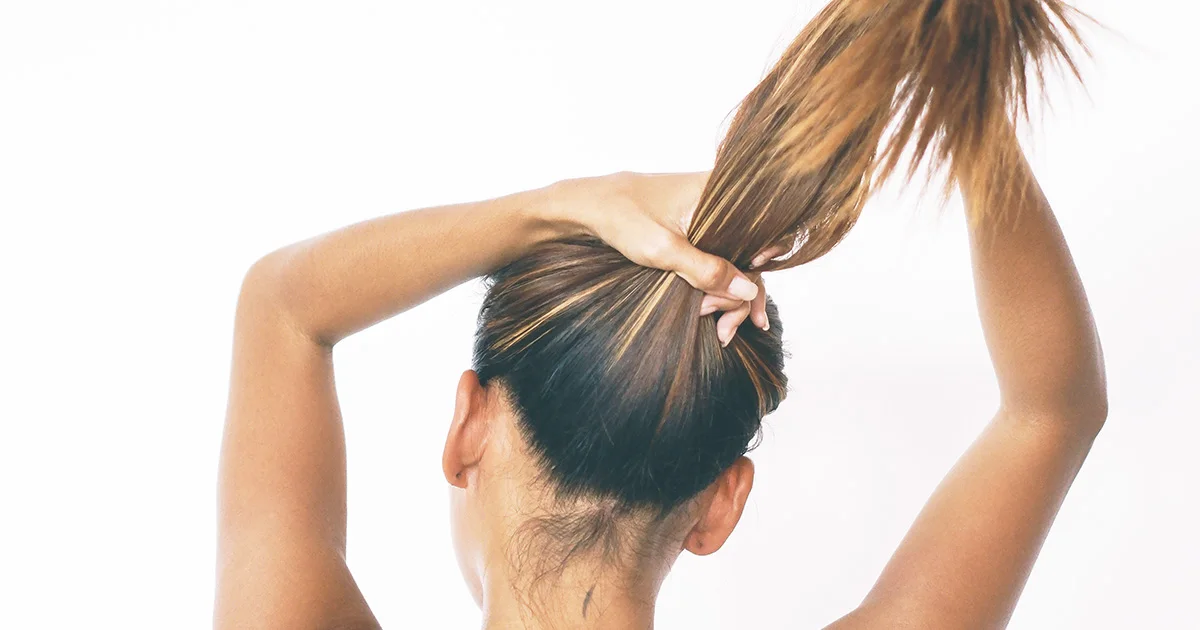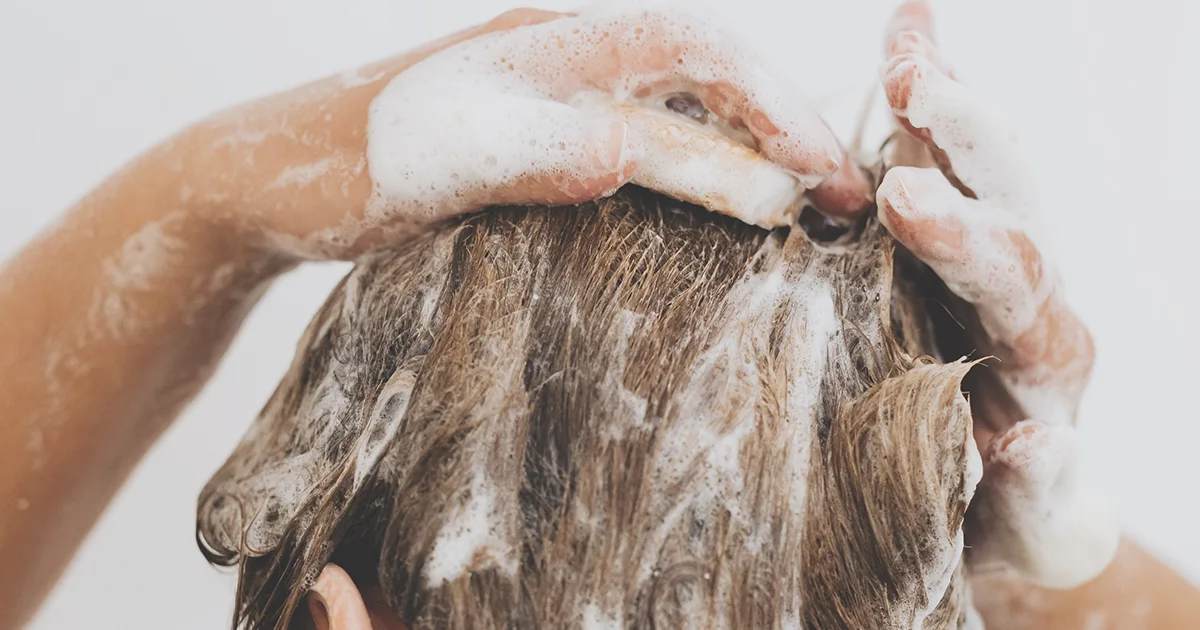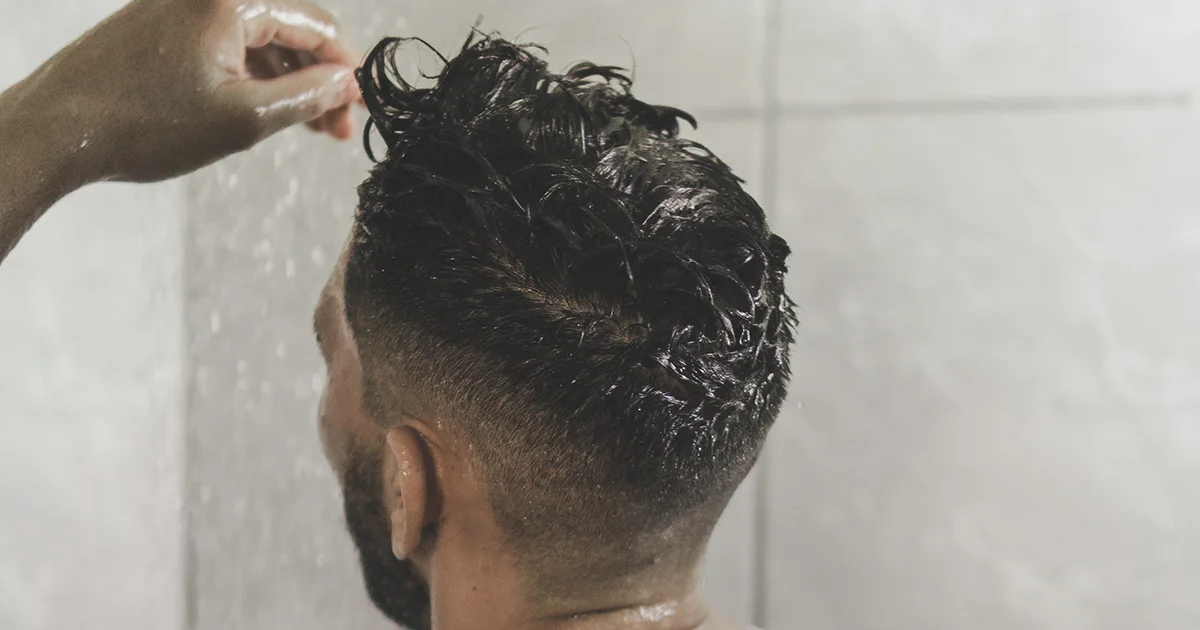Here's what we'll cover
Here's what we'll cover
Here's what we'll cover
No one wants to see those little white flakes on their shoulders. Many people are embarrassed by dandruff, and some may even worry about whether dandruff is contagious. Read on to learn more about this very common skin condition.
Is dandruff contagious?
Dandruff is not infectious or contagious. You cannot catch this scalp condition or pass it along to someone else through person-to-person contact or even by sharing pillowcases.
Dandruff is incredibly common and affects about half of the adult population worldwide. Dandruff can make your scalp feel dry and itchy, and you may notice white, oily flakes throughout your scalp and hair. It can also spread to your hairline, eyebrows, and behind your ears. Dandruff is related to another skin condition called seborrheic dermatitis (think “cradle cap” in newborns) (Tucker, 2021).
Is dandruff a fungus?
So what causes dandruff? Several factors are likely at play when it comes to this common condition.
Everyone’s skin harbors a fungus called Malassezia, whether or not you have dandruff. The Malassezia fungus sometimes irritates the skin and causes scalp skin cells to clump and fall off. People with dandruff may be more sensitive to Malassezia than others (Tucker, 2021).
But it’s not only fungus that can cause those pesky white flakes. Other factors that can trigger dandruff include oily skin, stress, and immune system health (Loing, 2017). As you can imagine, none of these factors are particularly contagious. If you are sensitive to skin fungus or have oily skin, you were likely born that way.
While it may be embarrassing and annoying, dandruff is not dangerous. Aside from a flaking scalp and itching, the condition is typically harmless. Having dandruff does not predispose a person to develop other medical problems, and dandruff treatment options are readily available.
Treating dandruff
The good news is there are effective dandruff treatment options available, including things like medicated shampoos and natural remedies.
Medicated shampoos are a popular way to get rid of dandruff fast. You’ll find several anti-dandruff shampoos in your local drugstores or online.
Most of the common active ingredients in over-the-counter dandruff shampoos have been shown to be effective against dandruff in clinical trials. These include zinc pyrithione (also called pyrithione zinc), selenium sulfide, ketoconazole, salicylic acid, coal tar, sulfur, and ciclopirox (Borda, 2015).
Some people swear by home remedies and other natural treatments for flakes and itchiness. Recent studies suggest that coconut oil may help improve dandruff by moisturizing your scalp and changing the balance of organisms on your skin (Saxena, 2021).
Apple cider vinegar is another popular remedy that may have antifungal properties, which some think may help treat dandruff. However, there’s no scientific evidence for this (Yagnik, 2018).
How to prevent dandruff
Unfortunately, there is no way to prevent dandruff completely. However, changing some of your hair care hygiene habits may help prevent an itchy, flaky scalp.
Unclean hair does not cause dandruff. Quite the opposite—one of the causes of dandruff is shampooing your hair too often. If you have oily hair, you should shampoo your hair regularly to decrease the oil build-up. But you need to be careful not to over-shampoo, as this will strip your scalp of the oils it needs to be healthy, leaving you with a dry scalp.
When using a dandruff shampoo, check the instructions on the bottle. Some products tell you to rinse them off immediately, while others need to be left on the scalp for a few minutes. Also, remember that it is important to use the treatment consistently—it may take several weeks to see results.
If you’ve tried over-the-counter options before for at least a month and haven’t seen results, your healthcare provider may be able to prescribe a stronger medicated shampoo.
DISCLAIMER
If you have any medical questions or concerns, please talk to your healthcare provider. The articles on Health Guide are underpinned by peer-reviewed research and information drawn from medical societies and governmental agencies. However, they are not a substitute for professional medical advice, diagnosis, or treatment.
References
Borda, L. & Wikramanayake, T. (2015). Seborrheic dermatitis and dandruff: a comprehensive review. Journal Of Clinical And Investigative Dermatology , 3 (2). doi:10.13188/2373-1044.1000019. Retrieved from https://pubmed.ncbi.nlm.nih.gov/27148560/
Loing, E., Lamarque, E., & Borel, M. (2017). New targets in the battle against dandruff. Journal of Cosmetic Science , 68 (1), 107–113. Retrieved from https://pubmed.ncbi.nlm.nih.gov/29465391/
Saxena, R., Mittal, P., Clavaud, C., et al. (2021). Longitudinal study of the scalp microbiome suggests coconut oil to enrich healthy scalp commensals. Scientific Reports , 11 (1), 7220. doi:10.1038/s41598-021-86454-1. Retrieved from https://pubmed.ncbi.nlm.nih.gov/33790324/
Tucker, D. & Masood, S. (2021). Seborrheic dermatitis. StatPearls . Retrieved on Feb. 11, 2022 from https://www.ncbi.nlm.nih.gov/books/NBK551707/
Yagnik, D., Serafin, V., & Shah, A. J. (2018). Antimicrobial activity of apple cider vinegar against Escherichia coli, Staphylococcus aureus and Candida albicans; downregulating cytokine and microbial protein expression. Science Reports, 8 (1): 1732. doi: 10.1038/s41598-017-18618-x. Retrieved from https://pubmed.ncbi.nlm.nih.gov/29379012/












